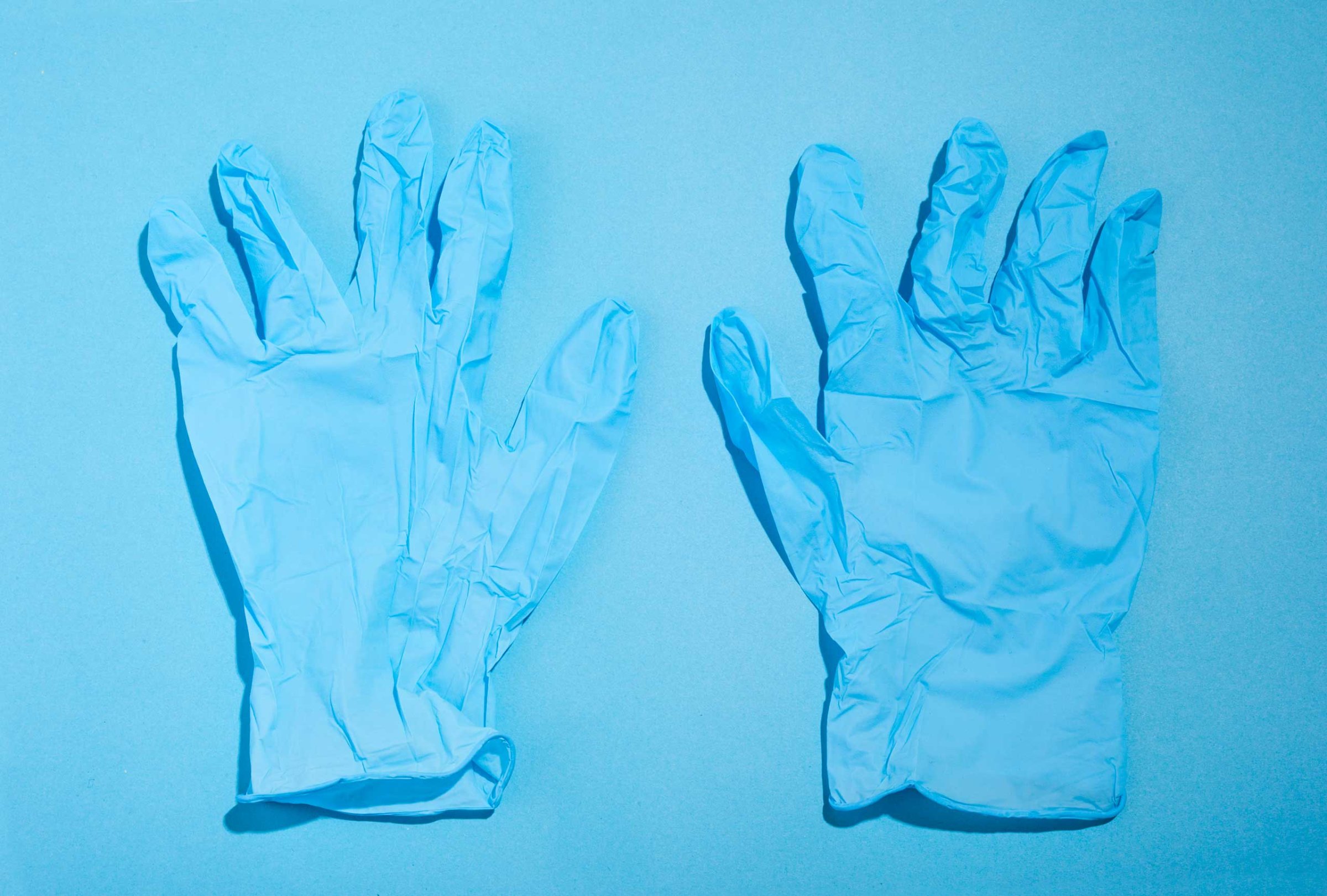
Crohn’s disease is a serious condition in which the immune system attacks and destroys portions of the intestines, causing pain, bleeding, diarrhea, fevers, and more—for reasons that are far from clear.
Now, new research published recently in mBio, a journal of the American Society for Microbiology, suggests that a fungus may play a role in triggering this inflammatory bowel disease (IBD), which affects as many as 700,000 Americans. Crohn’s can happen at any age, even during childhood, although it’s most often diagnosed in teens or young adults.
An international research team found a link between a fungus, called Candida tropicalis, and Crohn’s disease in humans. (Previously, fungi have only been linked to the disease in mice.)
Health.com: 11 Celebrities With Crohn’s Disease
“Our study adds significant new information to understanding why some people develop Crohn’s disease,” the study’s senior author, Mahmoud Ghannoum, PhD, said in a news release. The findings could lead to new treatments, said Ghannoum, a professor and director of the Center for Medical Mycology at Case Western Reserve and University Hospitals Cleveland Medical Center.
In the study, the researchers analyzed fecal samples from nine families in France and Belgium. They included 20 Crohn’s patients and 28 close relatives who did not have the disease. They also examined samples from 21 Crohn’s-free individuals from four families living in same region.
Normal human intestines contain hundreds of bacteria and fungi species (known as the microbiome), which help digest food and protect against disease-causing germs. The researchers found an association between two types of bacteria, Escherichia coli and Serratia marcescens, and the fungus, C. tropicalis. Levels of these three were higher in family members with the disease, suggesting that they interact in the intestines. Further lab testing suggests that the bacterial-fungal trio forms a thin, slimy film. When that “biofilm” clings to a portion of the intestines, it may cause inflammation that results in Crohn’s disease symptoms, the news release noted.
Health.com: 11 Things Not to Say to Someone With Ulcerative Colitis
“We know that intestinal microbial agents have a key role in causing IBD, but only a limited number of the enormously complex bacteria, viruses, and fungi have been identified and their functions are largely unknown,” said Caren Heller, MD, chief scientific officer of the Crohn’s & Colitis Foundation of America, in a statement. “This study suggests that not only do viruses and bacteria play a role in the development of inflammatory bowel diseases in some patients but fungi may as well.”
Researchers also found that the gut profiles of Crohn’s patients and their healthy relatives were distinctly different from those of unrelated healthy people. But that may simply reflect the shared diet and environment of family members, authors noted.
Health.com: 10 Foods to Avoid if You Have Crohn’s Disease
“More studies of additional patients and among different cohorts must be conducted in order to validate these findings and their importance in development of future treatments and cures of IBD,” Dr. Heller’s statement said.
A number of factors have been linked to a higher risk of Crohn’s, including bacteria, genes, smoking, and exposure to antibiotics early in life.
This article originally appeared on Health.com
More Must-Reads from TIME
- Why Trump’s Message Worked on Latino Men
- What Trump’s Win Could Mean for Housing
- The 100 Must-Read Books of 2024
- Sleep Doctors Share the 1 Tip That’s Changed Their Lives
- Column: Let’s Bring Back Romance
- What It’s Like to Have Long COVID As a Kid
- FX’s Say Nothing Is the Must-Watch Political Thriller of 2024
- Merle Bombardieri Is Helping People Make the Baby Decision
Contact us at letters@time.com